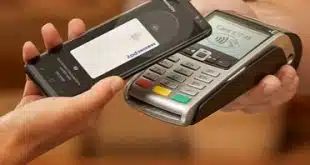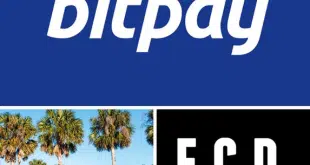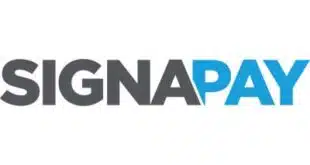Ever signed up for a free trial subscription and then forgotten about it, only to find out you’ve roped yourself into receiving an unwanted service or publication on an ongoing basis? Both bank card networks have now implemented or plan to implement stricter rules on so-called negative-option billing and subscriptions with free trials.
Visa Inc. is set to impose updated policies April 18, a year after Mastercard Inc. tightened its rules on negative-option billers. These are billers who, after getting a consumer to sign up for a trial subscription for a product, automatically charge the customer’s card on file after the trial ends or until the consumer cancels.
Mastercard’s rule change requires merchants to gain cardholder approval at the end of the trial before they start billing. Merchants also must send the cardholder, either by email or text message, the transaction amount, payment date, and merchant name, along with clear instructions on how to cancel.
Mark Standfield, president of Midigator LLC, an American Fork, Utah-based firm that works with merchants and merchant acquirers to prevent and mitigate chargebacks, says Visa’s upcoming changes are largely similar to Mastercard’s, though there are some differences. Visa’s rule will cover physical and digital goods sold through subscriptions, whereas Mastercard’s covers only physical goods, he says.
“The biggest difference that we saw is that Visa included digital merchants, not just physical merchants,” Standfield says.
Visa, which declined to comment for this story, posted a notice about its planned changes on a Web site it maintains for merchants. The post notes Visa has had rules to regulate negative-option billing and subscription merchants since 2011. The notice identifies several “pain points” in promotions and introductory offers, including cardholder complaints and confusion when customers forgot or did not understand they had signed up for a subscription, the lack of a mechanism to distinguish transactions involving promotional or trial offers from any other subscription, and a lack of card-issuer clarity on available dispute rights.
Despite a network crackdown on subscription billers about a decade ago, problems have persisted and led to enforcement actions by the Federal Trade Commission and state attorneys general. That’s put more pressure on merchant acquirers and the networks for further action, according to Standfield. “When events like that occur it triggers an escalated response by the brands,” he says.
Alpharetta, Ga.-based acquirer Priority Technology Holdings Inc. earlier this year said it had closed 1,200 merchant accounts in order to comply with the new Mastercard rule. The processor’s problems came to light mainly because Priority is a publicly traded company. Standfield says other acquirers have encountered similar issues.
“Due to their private status, they largely stay off the radar,” he says.




